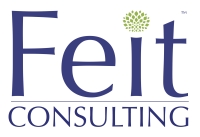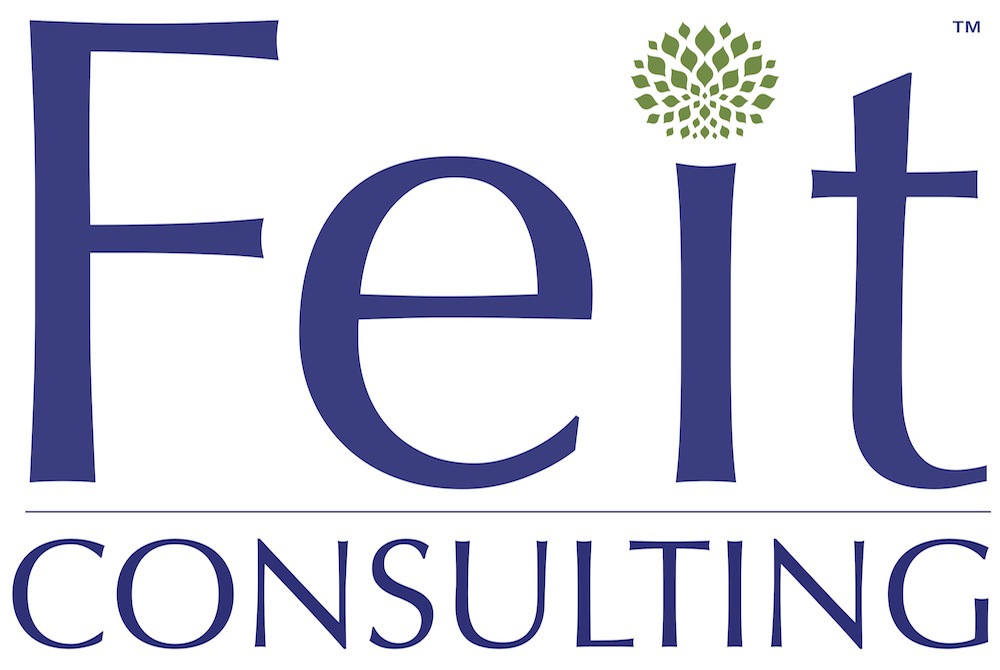
Billables: A Metric of the Modern Law Library
By Michael Feit | Benchmarking , Budgeting , Modern Law Library , Pricing
Seeking out new ways to (bill) financially support the library is a core element of the library modernization. Feit Consulting’s research found that 94% of Libraries that deem themselves “modern” are billing for their time.
Billing for Library time and research services is an easy metric to illustrate use and ROI, if your firm has the necessary tools in place.
Here are 3 tips for how to implement appropriate billing practices.
- Monthly Monitoring – You can work with Finance to obtain monthly reports. These monthly reports allows one to see which attorneys are passing on costs or writing off your time. This information provides talking points for conversations with attorneys, shedding light on which attorneys are billing and which are not.
- Highlight Expertise – For some, the title of librarian is not optimal for billing. If the case, it could be time to change the billing title to analyst or senior analyst. This provides an opportunity to dispel the librarian stereotype. Many attorneys are not aware of the librarian credentials and subject expertise.
- Create a Billing Structure – There are various ways billing can occur. The Library’s time can be directly billed to usage. Alternatively, the Library’s costs could be divided evenly amongst all attorneys.
Billing time allows the Library to function like a business, and provides data for annual budget development. If these conversations are not yet part of one’s annual budget development, it can feel uncomfortable at first but is necessary to becoming a Modern Library.






